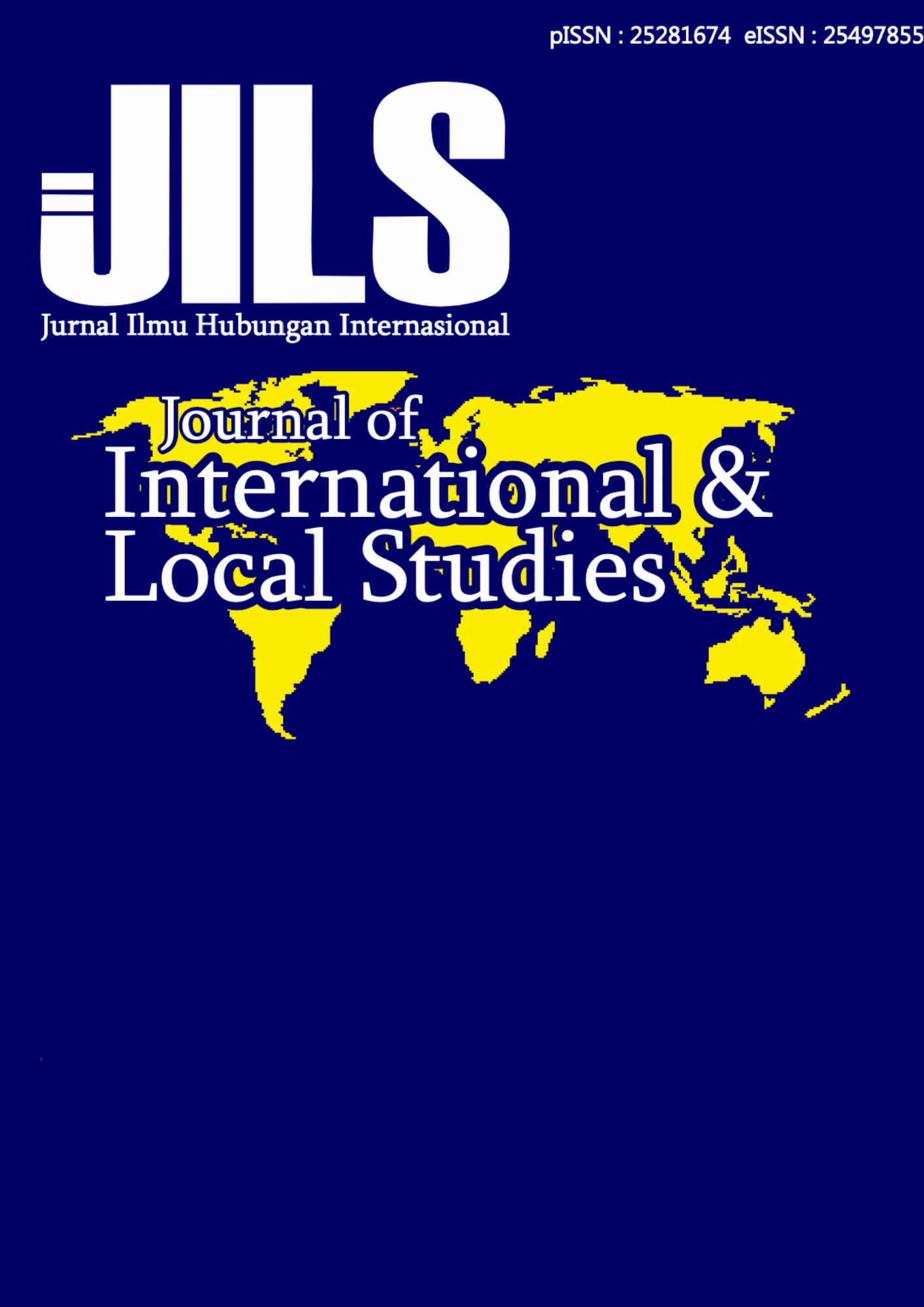How Gender Orders and Islamic Influence Affect Women’s Participation in Indonesian Politics?
DOI:
https://doi.org/10.56326/jils.v7i2.2914Keywords:
Gender, Gender mainstreaming, Islam and gender, Indonesia, JavaneseAbstract
This paper explores the long history of gender orders construction in Indonesia. How gender order and the influence of religious taught affect women political participation in Southeast Asia will be explored. In this case, the author focuses on Indonesian women and the influence of Islam as the majority religion in Indonesia. This paper argues that women political participation in Indonesia, although it seems limited by cultural and the so-called Islamic values, actually has experienced significant growth, especially after the Reformation. The gender relations that formed under the New Order that enshrined women as secondary to men which also emphasised by Islam teachings about men prerogative may seem to hinder women participation in public. However, this paper found that there were some contradictions of positioning women role under the state gender order, which has led to some positive effects on women. This contributed to the rise of women participation in Indonesia politics, especially after the reformation era.
References
Andaya, B.W., 2007. Studying Women and Gender in Souteast Asia. International Journal of Asian Studies, 4(1), pp.113–136.
Anon 2019. Women in Southeast Asia. [online] Asia Society. Available at: <https://asiasociety.org/education/women-southeast-asia> [Accessed 20 Apr. 2019].
Choi, N., 2018. Women’s political pathways in Southeast Asia. International Feminist Journal of Politics, pp.1–25.
Connell, R.W., 2002. Gender. Cambridge: Wiley.
Dewi, K.H., 2012. Javanese Women and Islam: Identity Formation since the Twentieth Century. Southeast Asian Studies, Center for Southeast Asian Studies, 1(1), p.32.
Dewi, K.H., 2015. Indonesian Women and Local Politics: Islam, Gender and Networks in Post-Suharto Indonesia. [online] NUS Press Pte Ltd. Available at: <https://muse.jhu.edu/book/49004> [Accessed 22 Apr. 2019].
Karim, W.J., 1993. Gender Studies in Southeast Asia. Southeast Asian Journal of Social Science, 21(1), pp.98–113.
Rinaldo, R., 2010. The Islamic revival and women’s political subjectivity in Indonesia. Women’s Studies International Forum, 33(4), pp.422–431.
Robinson, K.M., 2009. Gender, Islam, and democracy in Indonesia /. ASAA women in Asia series. Milton Park, Abingdon: Routledge.
Tickamyer, A.R. and Kusujiarti, S., 2012. Power, Change, and Gender Relations in Rural Java. [online] Ohio University Press. Available at: <https://muse.jhu.edu/book/13472> [Accessed 21 Apr. 2019].
Downloads
Published
How to Cite
Issue
Section
License
Copyright (c) 2023 JILS (Journal of International and Local Studies)

This work is licensed under a Creative Commons Attribution 4.0 International License.


